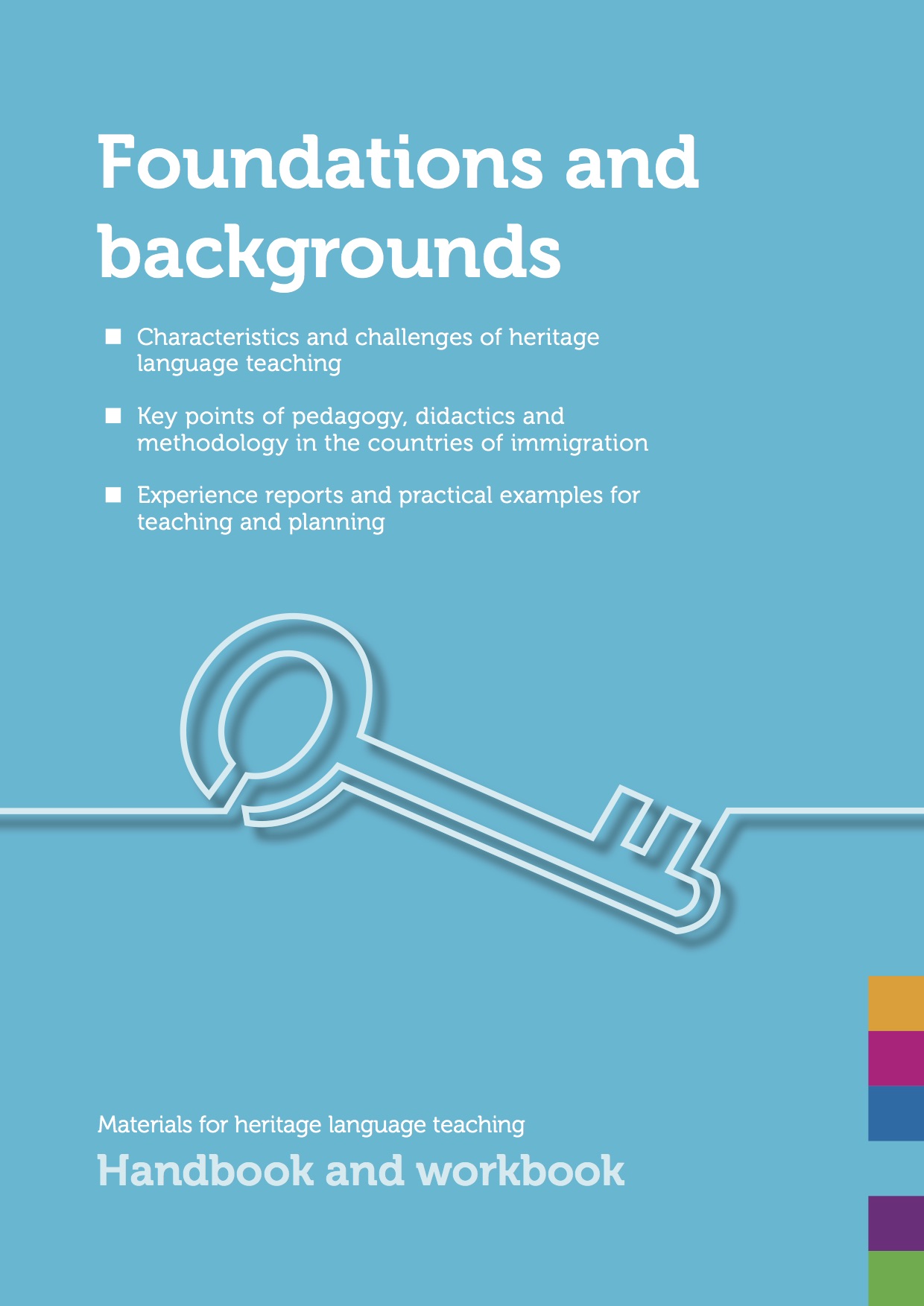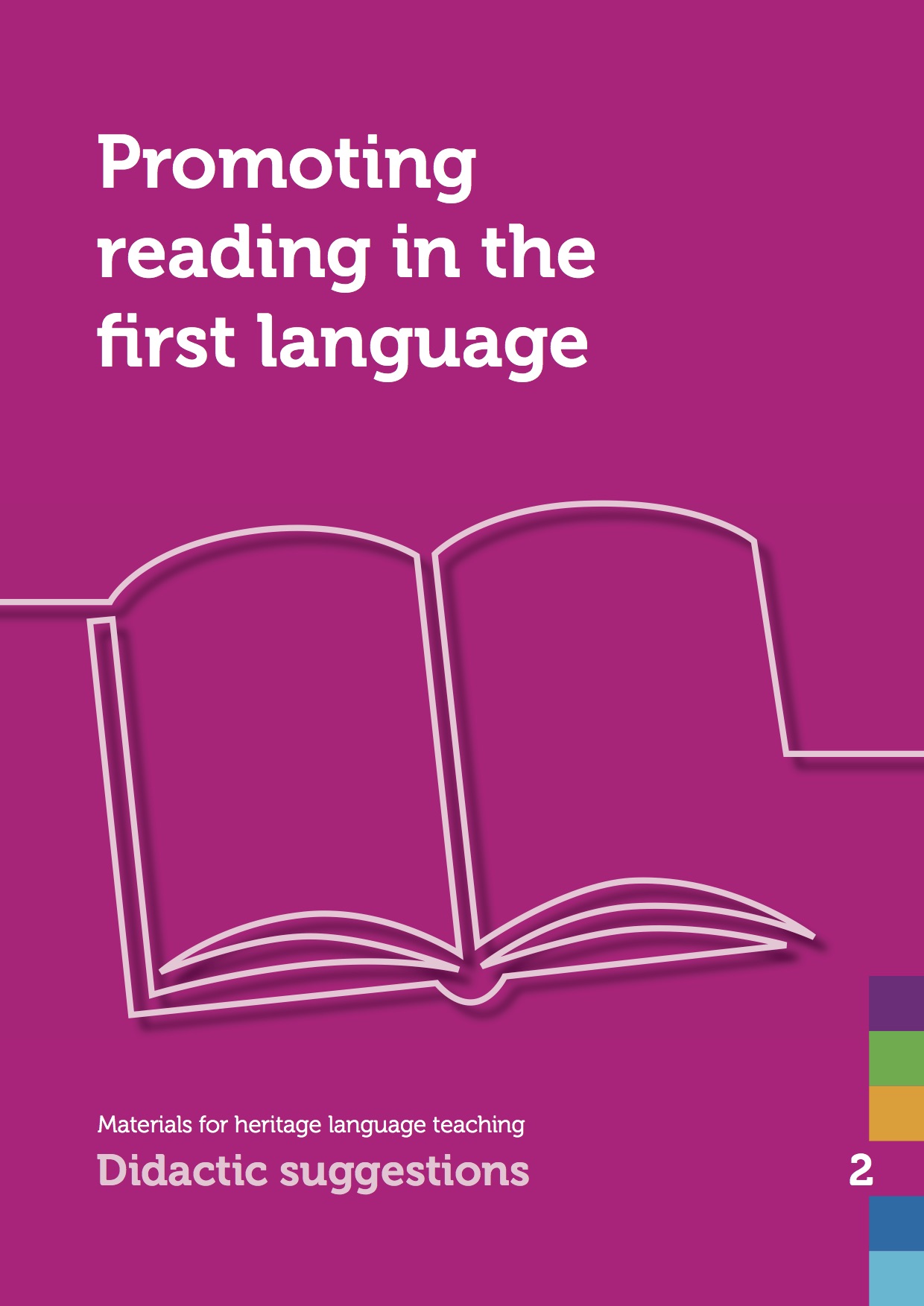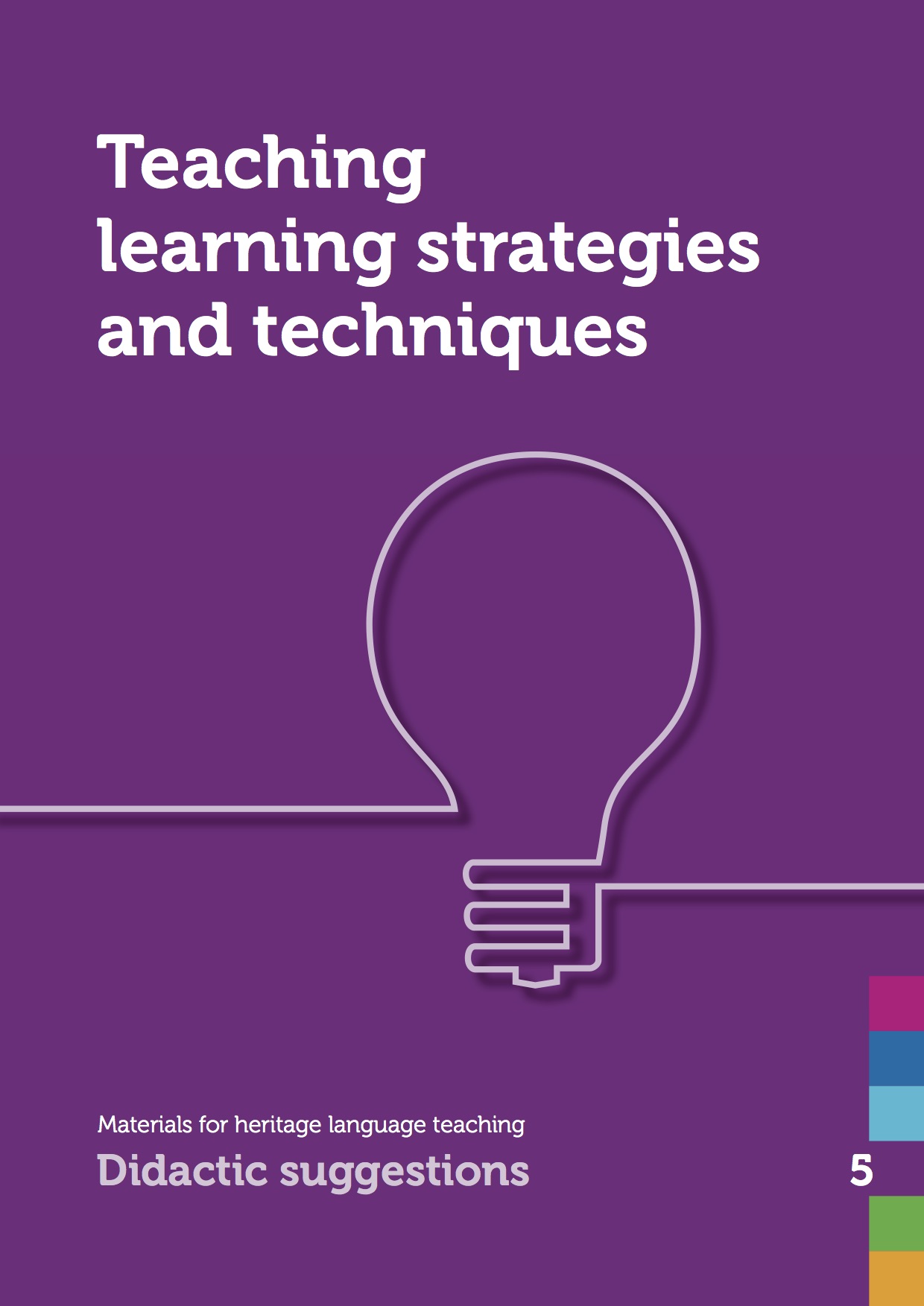1. Accoustical training, five exercises for sound differentiation
Preliminary remarks The primary context of the following exercises is the introduction of a certain sound as part of the alphabetization in the first language (at the end of the 1st grade or beginning of 2nd …
Read more2. “Anna says...”
Hints: This exercise is based on the children’s play “Simon says”, which is known and applied world-wide under various names. The name “Anna” may of course be replaced with a typical name from the language and culture of …
Read more3. “I see something that you don’t see”
Hint: This game can be played with the entire class, smaller groups, or in teams of two students. Procedure: A child visualizes an object in the classroom that can be seen by all (e. g. the wall board, …
Read more4. “Find someone, who...”
Procedure: The instructor provides each student with two or three cards with instructions. The instructions are formulated on the cards. For example: The students move around in the classroom, asking their classmates the questions from the …
Read more5. “Hot seat”
Procedure: The instructor divides the class into two equally strong groups (A and B). S/he designates two students to go first on the “hot seats”. For that purpose, two chairs are placed in front of …
Read more6. Nursery rhymes and rhymes; poems and poetry
Hints: The nursery rhymes and rhymes that are well-known in every culture, are in fact more important for language development than it would appear at first sight. With their rhythmical structure that stimulates repeating the …
Read more7. Rapid-speak verses, playful language
Procedure: The instructor presents a tongue twister and practices reciting it with the students part by part. The students practice the tongue twister individually, in pairs or in groups. Variants: The instructor recites the tongue twister …
Read more8. Simple role plays
Hint: In contrast to the more sophisticated applications of language #26–28 (quasi-reality play, fictitious playing, theater plays) the following suggestions are very simple forms of role play that are, moreover, very much determined by the children …
Read moreTable of Contents
- Preface to the series “Materials for heritage language teaching”
- 1. Introduction
- 2. Part I: Accoustical training; suggestions for creative language use
- II. Part II: To conduct oneself adequately in conversations – in pairs and in groups
- 9. Establishing and practicing conversational rules
- 10. Preparing for a conversation
- 11. “Think – Pair – Share”: An alternative procedure for preparing oneself for a group discussion
- 12. Tying into the discussion contributions of others
- 13. Providing feedback
- 14. Accoustical training, five exercises for sound differentiation
- 15. To assume the role of discussion moderator
- 16. Planning discussion
- 17. Storytelling circle
- 18. Discussing and arguing together
- 19. Conducting educational discussions
- 20. Philosophizing together
- 21. Preparing for a survey or an interview
- III. Part III: Narrating and interpreting of experiences and stories
- IV. Part IV: Presenting and lecturing
- 6. Bibliography






